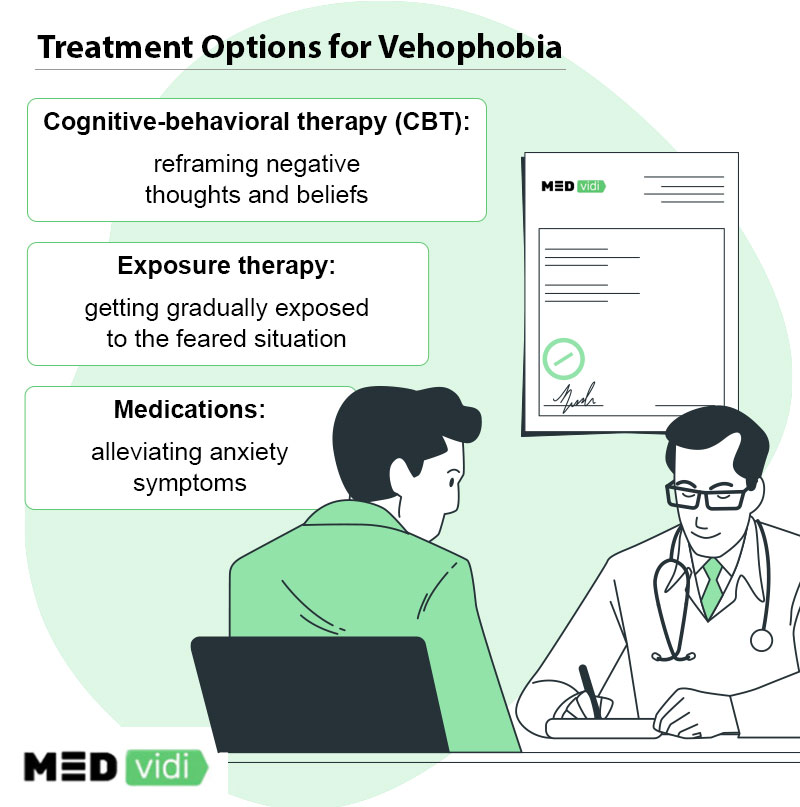Discovering your passion for horseback riding is exhilarating, but it can also come with its fair share of fears and anxieties. In the article “Overcoming Fear: Tips from Expert Riders,” you will learn valuable insights from seasoned riders who have experienced their fair share of fears and conquered them. With their expert advice and practical tips, you’ll gain the confidence and knowledge necessary to navigate the challenges of horseback riding and overcome any fears that may arise along the way. So saddle up, because the journey towards conquering your fears starts here.
Understanding Fear in Horseback Riding
Horseback riding is a thrilling and exhilarating activity that allows you to connect with these majestic creatures and experience the sheer joy of riding. However, it’s not uncommon for fear to creep in when you’re on a horse. Fear is a natural response to unfamiliar situations or perceived threats, and it can be experienced by riders of all skill levels.
The Nature of Fear
Fear is a primal emotion that activates the “fight or flight” response in our bodies. When you’re faced with a potentially dangerous situation while riding, your body releases stress hormones such as adrenaline, which can lead to physical symptoms like increased heart rate, tense muscles, and shallow breathing. It’s important to understand that fear is a normal and protective response, but it can also hinder your riding performance if not addressed.
Common Fears in Horseback Riding
Fear can manifest in various ways for riders, and it’s crucial to recognize and confront these fears head-on. Some common fears include:
-
Fear of falling: The fear of losing control and falling off the horse is one of the most prevalent fears among riders. It often stems from previous falls or near falls.
-
Fear of injury: Horses are large and powerful animals, and the fear of getting injured while riding is understandable. This fear may be heightened if you’ve had a previous accident or witnessed someone else getting hurt.
-
Fear of horses: Some riders may have an underlying fear of horses themselves. This fear can be due to unfamiliarity or a past negative experience with horses.
-
Fear of the unknown: Trying new riding techniques, unfamiliar trails, or different horses can evoke feelings of fear and apprehension.
-
Fear of judgment or failure: The fear of not living up to expectations or looking foolish in front of others can also have a significant impact on your riding experience.
The Impact of Fear on Riding Performance
Fear can significantly impact your riding performance. When fear takes hold, it can lead to a tense and rigid posture, impaired decision-making, and even muscle stiffness, all of which can negatively affect your riding ability.
Fears can also limit your willingness to try new things or push yourself outside of your comfort zone. Over time, this can hinder your progress and limit your enjoyment of horseback riding.
Preparing Mentally for Overcoming Fear
Conquering fear begins with a solid mental preparation. By following some essential steps, you can develop the mental resilience needed to overcome fear and enhance your riding experience.
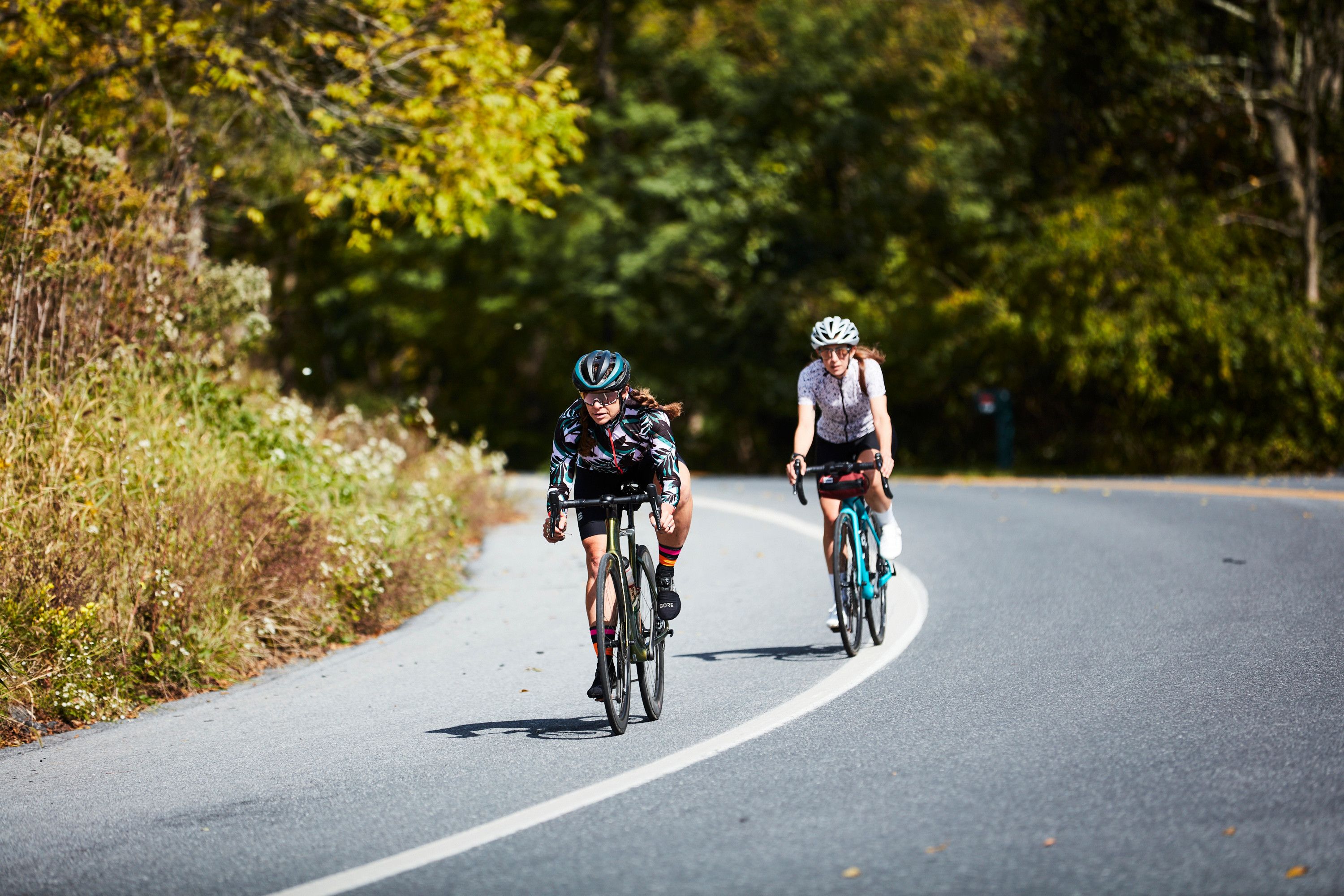
Recognizing and Acknowledging Fear
The first step in overcoming fear is to recognize and acknowledge its presence. Confronting your fears and giving them a voice allows you to take control and work towards overcoming them. Don’t be ashamed or embarrassed about feeling afraid – it’s a natural part of the riding journey.
Understanding the Root Cause of Fear
It’s essential to delve deep into the root cause of your fear. Is it based on a previous negative experience? Is it a result of self-doubt or lack of confidence? Identifying the underlying causes can help you address them more effectively.
Setting Specific Goals for Overcoming Fear
Setting clear and achievable goals is an excellent way to build the confidence and mindset needed to overcome fear. Start small and gradually increase the level of difficulty as you progress. Whether it’s riding a certain distance or mastering a particular riding skill, having goals in place keeps you focused and motivated.
Building Trust with Your Horse
Establishing trust between you and your horse is crucial for overcoming fear. Building a strong bond with your horse involves developing a connection based on mutual respect, understanding, and clear communication.
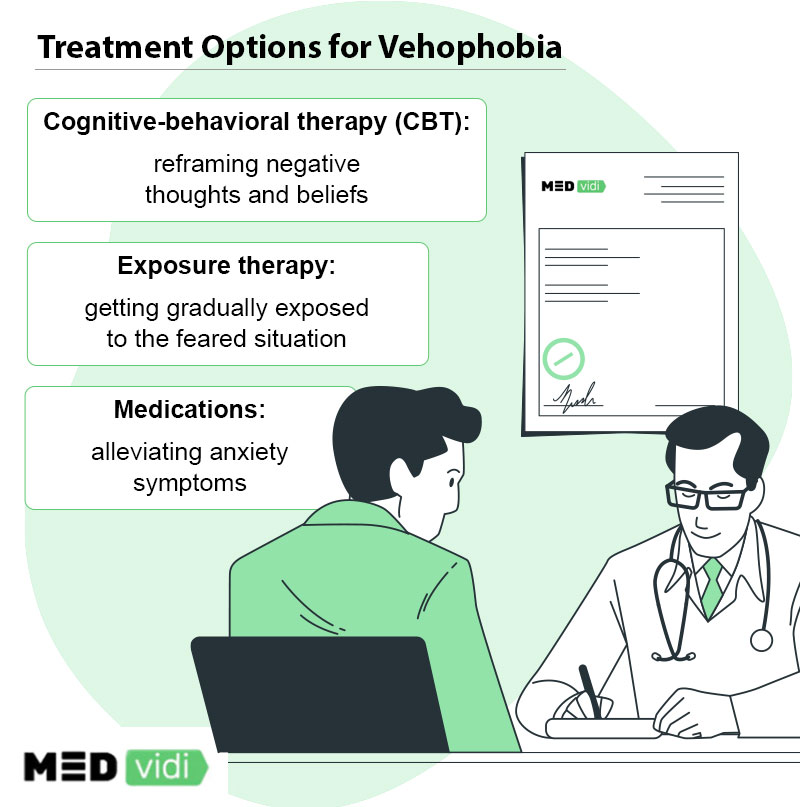
Developing a Strong Bond with Your Horse
Spending quality time with your horse outside of the saddle helps foster trust and deepen your connection. Grooming, hand grazing, or simply spending time in their presence can strengthen the bond and improve your overall riding experience.
Gaining Confidence through Groundwork
Groundwork exercises, such as lunging and leading, can help you establish control and build confidence. These exercises allow you to develop a deeper understanding of your horse’s body language and behaviors, enhancing your ability to communicate effectively while in the saddle.
Establishing Clear Communication with Your Horse
Clear communication is key to a successful partnership with your horse. Through consistent and gentle cues, you can build trust and establish a language that both you and your horse understand. This clarity in communication reduces the chances of misunderstandings and instills confidence in both you and your equine companion.
Building Confidence through Skill Development
Enhancing your riding skills through proper instruction and practice is essential for building confidence and overcoming fear. By gradually advancing in difficulty and understanding your horse’s capabilities and limitations, you can steadily increase your confidence.
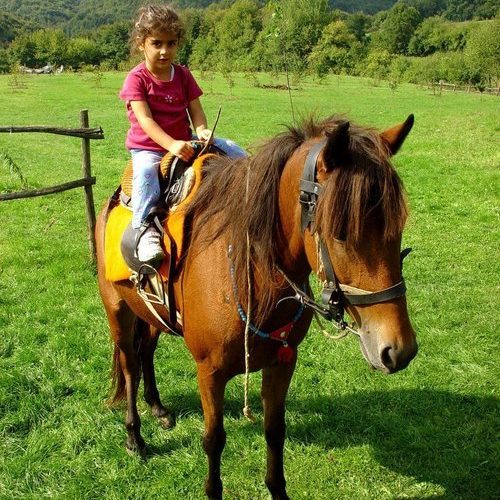
Enhancing Riding Skills through Lessons
Taking lessons from a qualified instructor is an excellent way to improve your riding skills. A skilled instructor can provide guidance, correct any mistakes, and offer valuable insights to help you progress while ensuring your safety.
Gradually Advancing in Difficulty
Pushing your boundaries little by little is crucial for building confidence. Start with exercises and obstacles that challenge you but are within your comfort zone. As you become more comfortable and confident, gradually increase the difficulty level to continue your growth.
Understanding Your Horse’s Capabilities and Limitations
Every horse is unique, with its own strengths and weaknesses. Understanding your horse’s abilities and limitations allows you to tailor your riding style accordingly. This knowledge helps prevent accidents and builds trust, as you’ll be able to navigate situations with confidence and make better-informed decisions.
Using Visualization Techniques
Harnessing the power of visualization can be a valuable tool in overcoming fear. By creating positive mental images and visualizing successful rides, you can create a sense of calm and reinforcement that boosts your confidence.
Visualizing Successful Rides
Before getting on your horse, take a moment to visualize a successful ride. Imagine yourself riding confidently, with grace and control. Visualize a positive outcome and use this mental image to inspire confidence and calm your nerves.
Creating Positive Mental Images
Throughout your riding experience, focus on creating positive mental images. Replace negative thoughts or doubts with positive affirmations. For example, instead of thinking, “What if I fall off?” replace it with, “I am a capable rider, and I am in control.”
Utilizing Guided Imagery Exercises
Guided imagery exercises involve listening to or reading scripts that guide you through detailed imagery to create a relaxed state of mind. These exercises can help you confront and manage fears by imagining yourself successfully navigating challenging riding scenarios.
Practicing Relaxation Techniques
Relaxation techniques are vital for managing fear and anxiety while horseback riding. By incorporating practices like deep breathing exercises, progressive muscle relaxation, meditation, and mindfulness, you can promote a calm and focused state of mind.
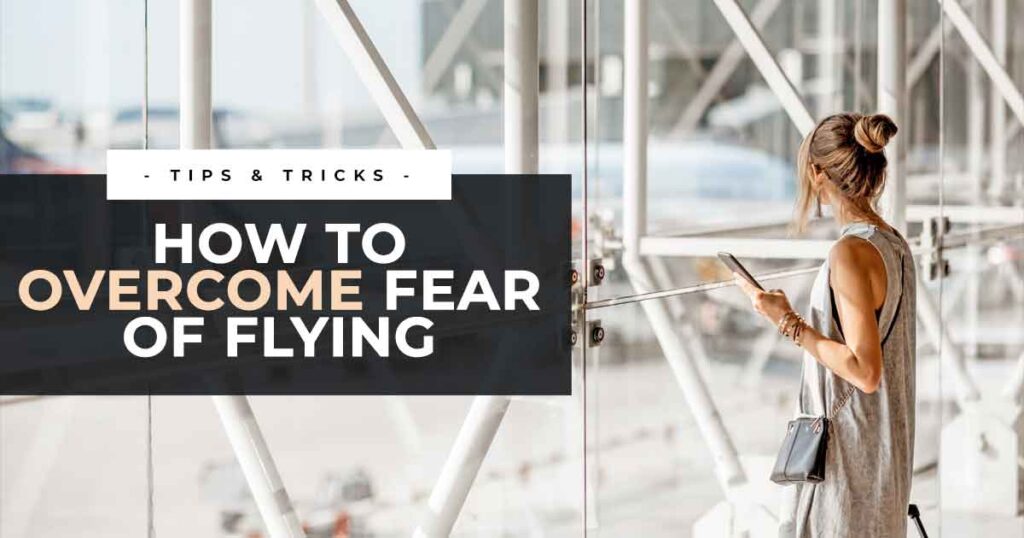
Deep Breathing Exercises
When fear arises, it’s easy to fall into shallow and rapid breathing, which can exacerbate anxious feelings. Deep breathing exercises help regulate your breathing, allowing you to feel more grounded and in control.
Progressive Muscle Relaxation
Progressive muscle relaxation involves tensing and releasing each muscle group in your body, promoting a sense of physical and mental relaxation. By consciously releasing tension, you can rid your body of unnecessary stiffness and become more fluid in your movements.
Meditation and Mindfulness Practices
Practicing meditation and mindfulness cultivates a present-moment awareness that reduces anxiety and centers your focus. Incorporating these practices into your daily routine can help you remain grounded and calm, even in the face of fear.
Seeking Support from Expert Riders
When facing fear, seeking support from expert riders can be immensely beneficial. By joining riding clubs or groups, participating in clinics or workshops, and seeking guidance from experienced riders, you can learn from their expertise and gain valuable insights.
Joining Riding Clubs or Groups
Joining a riding club or group allows you to connect with like-minded individuals who share a passion for horseback riding. Engaging with experienced riders can provide a support system and an opportunity to learn from their experiences and knowledge.
Participating in Clinics or Workshops
Clinics or workshops hosted by expert riders provide a structured learning environment that focuses on specific riding skills or areas of improvement. These events offer guidance, feedback, and valuable advice for overcoming fear and enhancing your riding performance.
Seeking Guidance from Experienced Riders
Forming relationships with experienced riders can be a great source of support and mentorship. Whether it’s through one-on-one lessons or casual conversations, seeking guidance from those who have faced and conquered fear themselves can help you navigate your own challenges.
Gradual Exposure to Challenging Situations
Gradually exposing yourself to fear-inducing situations is a powerful way to overcome fear. By starting with small, controlled challenges and gradually increasing exposure to difficult scenarios, you can expand your comfort zone and build confidence step by step.
Starting with Small, Controlled Challenges
Begin by exposing yourself to situations that challenge your comfort zone but are still within your control. For example, start with a short trail ride or a riding exercise in a familiar arena. As you become more comfortable and confident, gradually increase the duration or complexity of your rides.
Gradually Increasing Exposure to Fear-Inducing Situations
Once you’ve gained confidence with small challenges, it’s time to gradually expose yourself to more fear-inducing situations. This could be riding in different environments, trying new riding techniques, or working with horses that present new challenges. Each step forward builds resilience and expands your horizons.
Monitoring and Managing Comfort Levels
Throughout the process of gradually exposing yourself to challenging situations, it’s crucial to monitor and manage your comfort levels. Pushing yourself too far, too quickly can be counterproductive and lead to setbacks. Listen to your body and mind, and give yourself time to adjust and assimilate each new experience.
Learning from Personal Experiences and Mistakes
Reflecting on past experiences and learning from mistakes is an important part of overcoming fear and improving your riding skills. By analyzing your actions and identifying lessons learned, you can develop strategies for future improvement.
Reflecting on Past Experiences
Take the time to reflect on past rides or experiences that triggered fear. What were the specific circumstances or factors that contributed to your fear? Understanding these triggers can help you avoid similar situations or develop strategies for managing them more effectively in the future.
Identifying Lessons Learned from Mistakes
Mistakes happen, but they can also be valuable learning opportunities. Identify the lessons learned from your past mistakes and use them to inform your future decisions and actions. Embrace the growth mindset, knowing that even setbacks contribute to your overall progress.
Developing Strategies for Future Improvement
Based on your reflections and lessons learned, develop specific strategies for future improvement. This could involve setting boundaries, establishing personal safety guidelines, or seeking additional training or support in areas where you feel less confident. By proactively addressing areas of weakness, you can continue to grow and overcome fear.
Developing a Positive Mindset
A positive mindset is essential for conquering fear and fully enjoying your horseback riding experience. By replacing negative thoughts with positive affirmations, surrounding yourself with positive influences, and celebrating small achievements, you can cultivate a mindset that supports your goals.
Replacing Negative Thoughts with Positive Affirmations
Negative self-talk can undermine your confidence and amplify fear. When negative thoughts arise, consciously replace them with positive affirmations. Remind yourself of your strengths, accomplishments, and the progress you’ve made. By focusing on the positive, you can shift your mindset and build confidence.
Surrounding Yourself with Positive Influences
Surrounding yourself with positive influences can have a profound impact on your mindset. Seek out supportive friends, mentors, or fellow riders who uplift and encourage you. Their positive energy and belief in your abilities can help you maintain a confident and optimistic outlook.
Celebrating Small Achievements
Success is often built upon a series of small achievements. Celebrate each milestone along your journey, no matter how small. By acknowledging and celebrating your progress, you reinforce your belief in your abilities and build momentum towards greater accomplishments.
By understanding fear, preparing mentally, building trust with your horse, developing confidence through skill development, utilizing visualization techniques, practicing relaxation techniques, seeking support, exposing yourself to challenging situations, learning from personal experiences, and cultivating a positive mindset, you can overcome fear and truly enjoy the exhilaration of horseback riding. Remember, fear is just a hurdle to be conquered on your path to becoming a confident and skilled rider.
